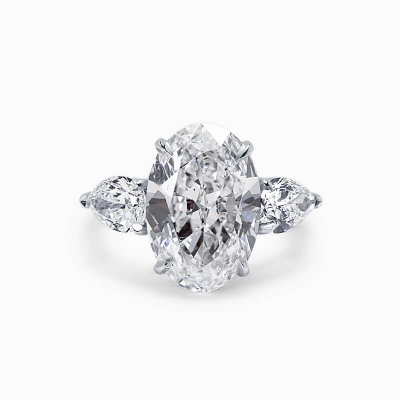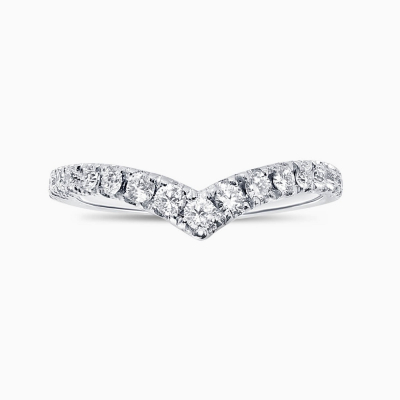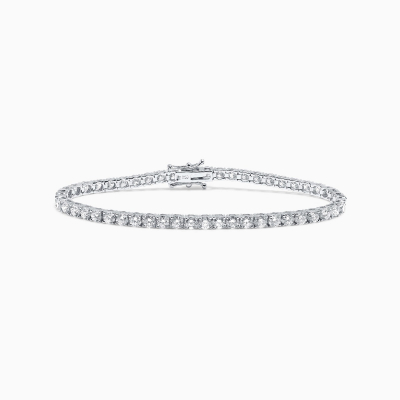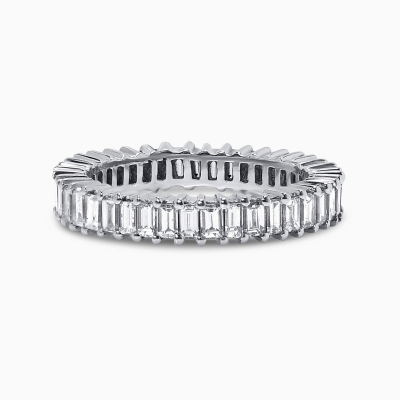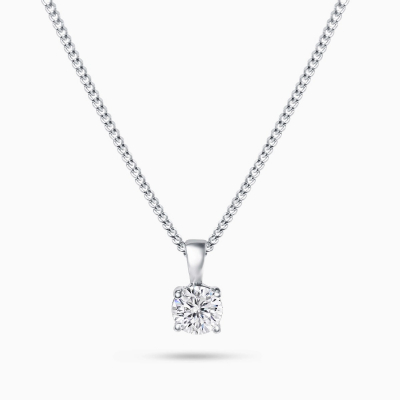USD
/
USD
/
Shipping to:
Currency:
CONFLICT FREE DIAMONDS
What does it mean when a diamond is conflict-free?
"Blood Diamonds" or "Conflict Diamonds" are diamonds that are specifically produced in areas controlled by rebel forces that oppose recognized governments. These rebel forces sell the diamonds to acquire weapons or fund their military operations. In 2002, a coalition of governments, non-governmental organizations, and the diamond industry established the Kimberley Process to regulate the export and import of rough diamonds and eliminate the trade of conflict diamonds. Today, 99% of diamonds in the market are conflict-free.
Our Commitment to Conflict-Free Diamonds
Unfortunately, for many decades, the mining of these precious stones has resulted in serious human rights violations, adverse social conditions, and environmental harm in some countries.
The term "Blood Diamonds" or "Conflict Diamonds" emerged from these atrocities within the diamond industry. These are specifically diamonds produced in areas controlled by rebel forces that oppose recognized governments. These rebel forces sell the diamonds to purchase arms or fund their military operations.
Extensive reports of potentially unethical practices in diamond mining have been widely covered in the global media. One particularly infamous and shocking example is the reports of repression in the diamond fields of Marange in Zimbabwe, known for having one of the world's richest diamond deposits.
Conflict Free Diamonds
To eradicate these atrocities within the global diamond industry, official measures have been implemented, such as the Kimberley Process, launched in 2003, to track and certify diamonds. The aim of this scheme is to enable its members to certify shipments of diamonds as "conflict-free" and prevent conflict diamonds from entering the legitimate jewelry trade.
This government-led scheme requires member states to meet minimum requirements and establish strict legislation, import and export controls, and internal control systems. The Kimberley Process also mandates member states to maintain transparency in their dealings with rough diamonds and facilitate the exchange of statistical data.
Participants in the scheme can only legally trade with other member states that also comply with the minimum requirements. Under the Kimberley Process, all international shipments of rough diamonds are certified by a Kimberley Process, guaranteeing their authenticity as conflict-free diamonds.
Currently, more than 75 countries involved in diamond production, trading, and manufacturing participate in the Kimberley Process scheme.
Rêve Diamonds Commitment to Conflict Free Diamonds
Rêve Diamonds acknowledges that the purchase and distribution of blood diamonds in the jewelry trade fund an ongoing cycle of horrific human rights violations and illegal operations. Therefore, Rêve Diamonds takes a firm stance against conflict diamonds and is fully dedicated to sourcing diamonds that are conflict-free.
They only procure the highest quality diamonds from suppliers who adhere to the highest standards of human rights, social responsibility, and environmental practices.
As part of their ethical trading policy, Rêve Diamonds is proud to be registered with StopBloodDiamonds.org and has shown support for conflict-free trading by signing the Stop Blood Diamonds campaign.
When you make the significant decision to invest in a fine diamond from Rêve Diamonds, you can be completely confident that your diamond has been purchased from a verifiable legitimate source that is not involved in funding conflicts and is in compliance with United Nations Resolutions. In fact, Rêve Diamonds & Fine Jewelry provides all valued customers with a written declaration guaranteeing that all their diamonds are conflict-free, based on personal knowledge and/or written guarantees provided by the diamond suppliers.
We also include the following declaration to all our invoices:
"The diamonds herein invoiced have been purchased from legitimate sources not involved in funding conflict and in compliance with United Nations Resolutions. The undersigned hereby guarantees that these diamonds are conflict free, based on personal knowledge and/or written guarantees provided by the supplier of these diamonds"





